Buzzing Heroes: How Bees Are Saving the World, One Pollination at a Time
Nature WorldWide November 17, 2023 0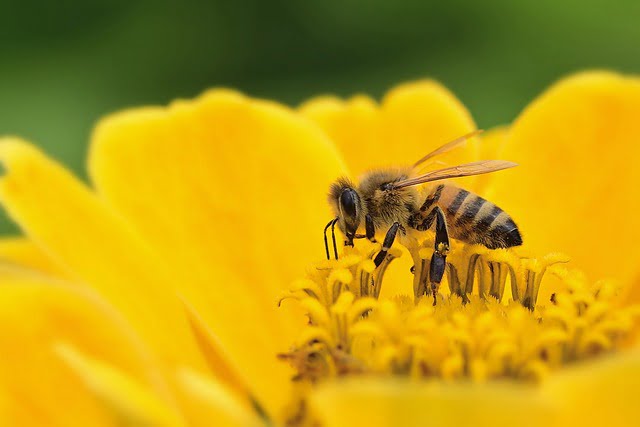
In the intricate tapestry of life on Earth, few creatures play a role as pivotal as the humble bee. Beyond their familiar buzzing and honey-producing activities, bees are unsung heroes actively contributing to the well-being of our planet. In this blog post, we’ll explore the crucial role that bees play in preserving biodiversity, ensuring food security, and safeguarding ecosystems. These small, winged wonders are, indeed, instrumental in saving the world.
Contents:
- Pollination Powerhouse
- Biodiversity Guardians
- Food Security Champions
- Economic Benefits
- Ecosystem Health
- Challenges Faced by Bees
- The Call to Action
- Protecting Natural Habitats:
Pollination Powerhouse:
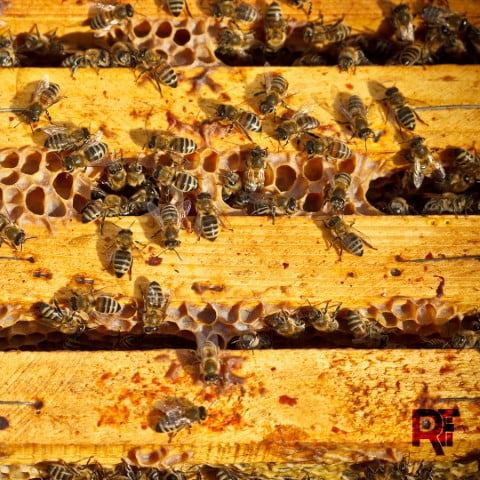
At the heart of bees’ world-saving capabilities lies their unmatched pollination prowess. Bees are efficient pollinators, transferring pollen from one flower to another as they forage for nectar. This process is integral to the reproduction of flowering plants, including many of the fruits, vegetables, and nuts that make up a significant portion of the human diet.
Read More: 10 Importance of Animals in Our Life
Biodiversity Guardians:
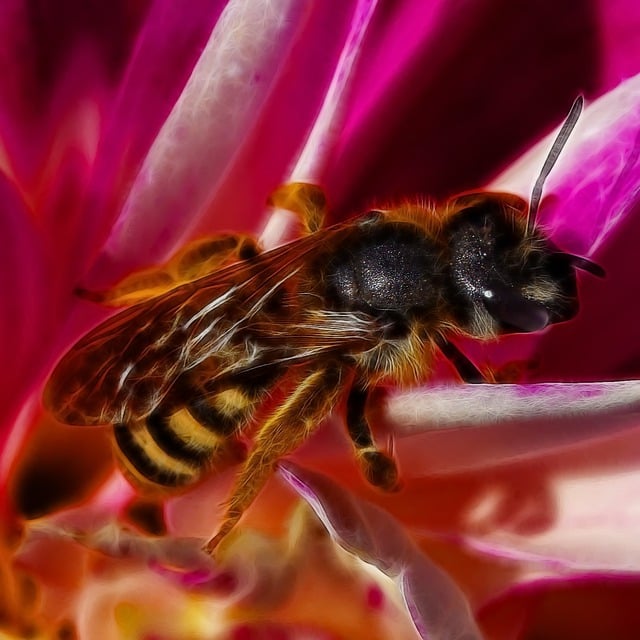
Bees contribute to the maintenance of biodiversity by facilitating the reproduction of diverse plant species. Their foraging activities support the growth of a wide variety of plants, creating habitats for other wildlife. In turn, this promotes biodiversity in ecosystems, helping to balance the delicate relationships between species.
Food Security Champions:
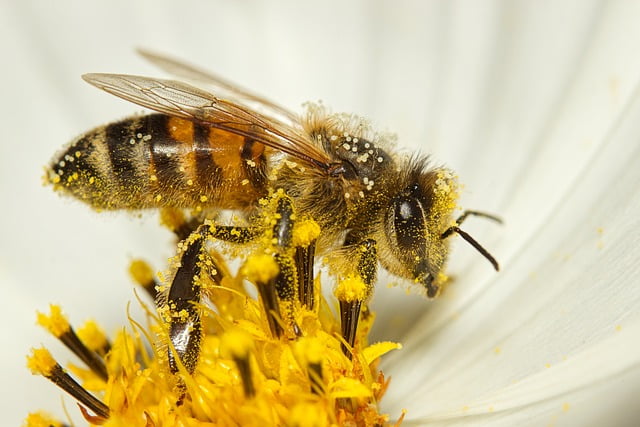
Approximately 75% of global food crops depend, to some extent, on animal pollination, and bees are the primary contributors to this essential process. Fruits, nuts, and vegetables thrive thanks to the tireless work of bees. Without their pollination services, many of the foods we rely on for a balanced and nutritious diet would be in jeopardy.
Read More: Top 10 Most Friendly Animals to Humans in the World
Economic Benefits:
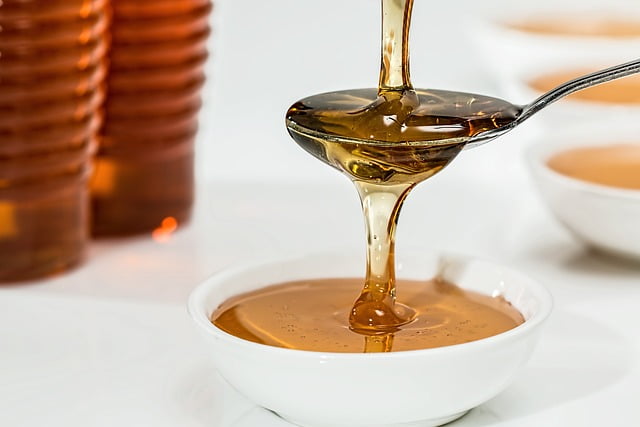
Bees also contribute significantly to the global economy. The agricultural industry, worth trillions of dollars, relies heavily on the pollination services provided by bees. Beyond crop production, bees contribute to the honey industry, producing a sweet elixir that has been enjoyed by humans for millennia.
Ecosystem Health:

The health of ecosystems is intricately tied to the presence of bees. By promoting the growth of flowering plants, bees support the entire ecosystem. They contribute to soil health, and water filtration, and even provide habitat for other pollinators and wildlife.
Read More: 12 Effects of Natural Resource Depletion on Human Life
Challenges Faced by Bees:
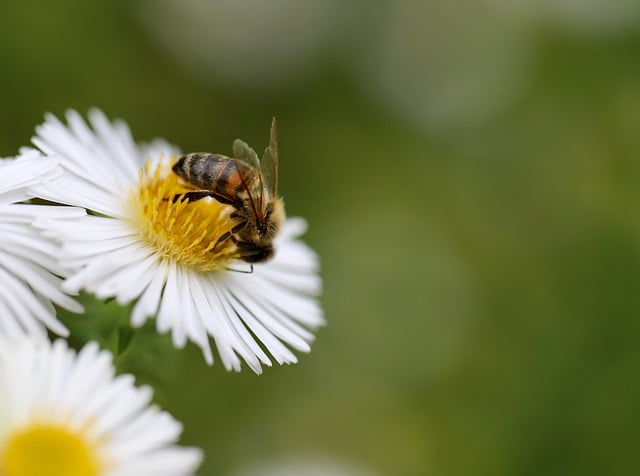
Despite their vital contributions, bees face numerous challenges, including habitat loss, pesticide exposure, climate change, and diseases. Colony Collapse Disorder, a phenomenon where entire bee colonies disappear, has raised alarm bells about the fragility of bee populations worldwide.
The Call to Action:
To ensure that bees continue their crucial role in saving the world, there is a collective responsibility to take action.
This includes:
Protecting Natural Habitats:
Preserving and restoring natural habitats for bees to thrive. Reducing Pesticide Use: Implementing sustainable farming practices that minimize the use of harmful pesticides.
Raising Awareness:
Educating the public about the importance of bees and their conservation.
Conclusion:
In the grand symphony of life, bees are the conductors, orchestrating the delicate dance of pollination that sustains the planet. Their contribution to food security, biodiversity, and ecosystem health cannot be overstated. As we acknowledge the indispensable role of bees in saving the world, it is our duty to be their stewards, ensuring a future where these buzzing heroes continue to thrive and contribute to the flourishing of life on Earth.




